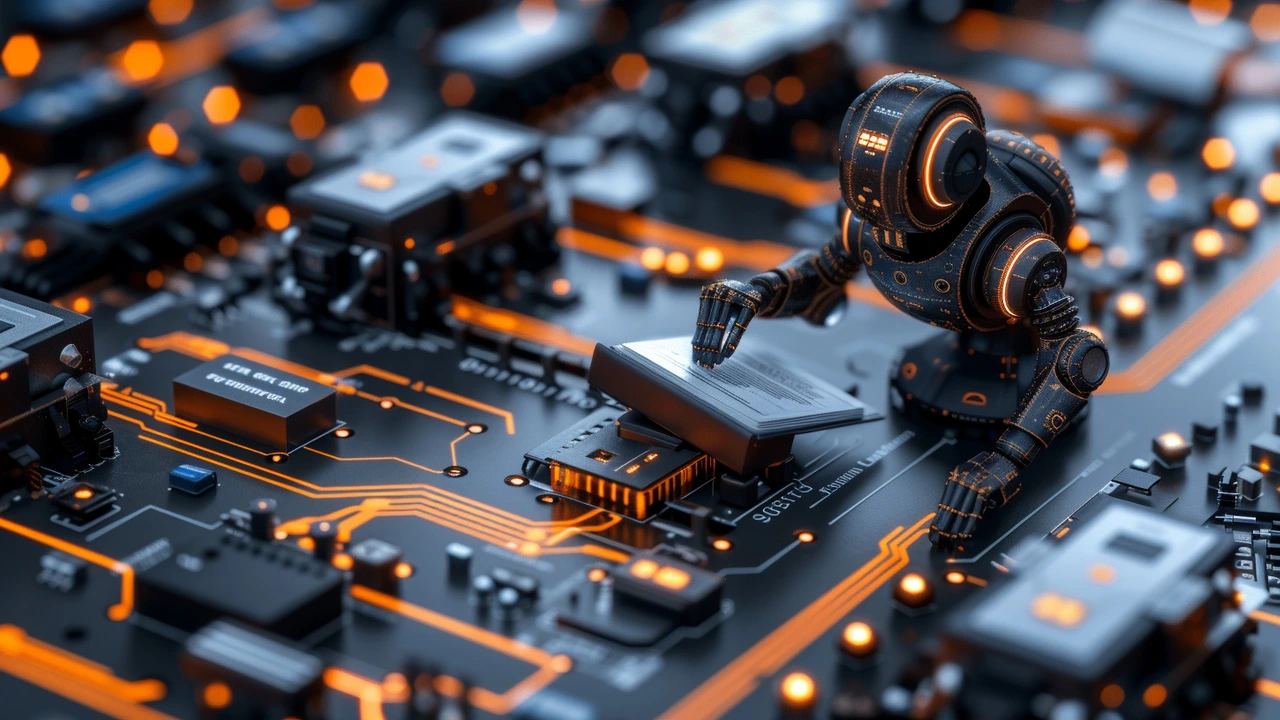Your Practical AI Guide: Coding Tips and Tricks for 2025
Thinking about diving into AI programming? You're not alone. Whether you're a beginner or already have some coding chops, understanding how to work with AI is a game changer in today’s tech world. This guide will walk you through the essentials you need to get started and level up your skills in a way that actually sticks.
First off, coding for AI isn't all abstract math and complex theory. At its core, it’s about writing clear, effective code that teaches machines how to recognize patterns and make decisions. Python is the go-to language here because it’s simple but powerful, with tons of ready-to-use libraries that save you hours of work. Think of it like having a massive toolbox where you just grab the right tool instead of building one from scratch.
Why Coding Skills Matter in AI Today
Getting comfortable with coding gives you a huge advantage. It’s not just about creating fancy AI apps; it’s about understanding what’s going on under the hood so you can fix issues, spot mistakes, and improve your projects quickly. Many successful coders stress debugging skills as the secret sauce – knowing how to hunt down bugs and handle errors keeps your AI running smoothly.
Also, AI development isn’t a solo gig anymore. You'll often be working with teams, integrating different systems, or improving existing tools. Knowing coding basics means you can communicate better and get more out of your collaborators. Plus, your career options open wide: from data science to automation, having those skills puts you in demand.
Getting Started: Tips That Actually Work
If you’re new, start simple. Get familiar with the fundamentals: variables, loops, functions — these building blocks create your AI projects. Don’t worry about mastering everything at once; focus on writing your first scripts and learning how AI libraries like TensorFlow or PyTorch fit into the picture.
Practice debugging early. When your code doesn't work (and it won’t at first), don’t get frustrated. Use the errors to learn what’s wrong. Break problems into smaller parts, test often, and keep your code organized—this saves tons of headaches later.
Finally, keep an eye on real-world applications. Try small projects like building a simple chatbot or image recognizer. These hands-on experiences make abstract ideas click and keep motivation high. And remember, AI is evolving fast, so staying curious and learning from the community – like forums and blogs – is key.
In short, coding for AI is a skill that’s accessible and super useful. Start with the basics, focus on practical skills like debugging, and build projects that excite you. Before you know it, you’ll be shaping the future of tech rather than just watching it unfold.

- Jun 11, 2024
- Alaric Stroud
- 0 Comments
Step-by-Step Guide to Mastering AI: From Beginner to Pro
Mastering AI might seem daunting, but with the right roadmap and resources, it's achievable for anyone. This guide breaks down the journey from novice to expert, offering key tips and interesting facts to make learning AI engaging and effective. Learn about foundational skills, essential tools, and practical applications in this comprehensive guide. Discover the best paths to upgrade your AI expertise incrementally.

- Aug 7, 2023
- Alaric Stroud
- 0 Comments
Mastering AI: The Essential Guide for Beginners
Welcome to my post, it's all about the essential guide for beginners to master Artificial Intelligence (AI). I'm excited to dive into this highly technical field but don't worry, we'll break it down in a way that's not too daunting. As we peek into the world of AI, we explore its potential, its challenges and how to navigate through them. It’s a journey of discovery, and I want you to join me. So let's get started on our path to mastering AI!
